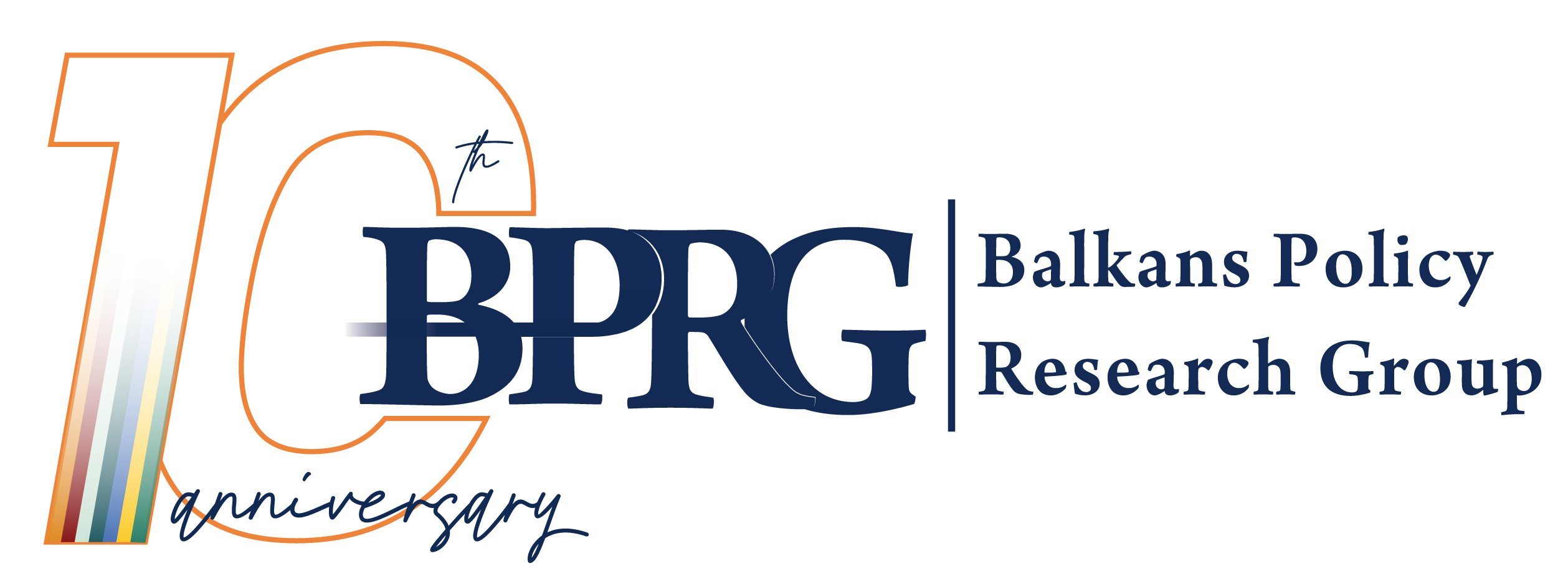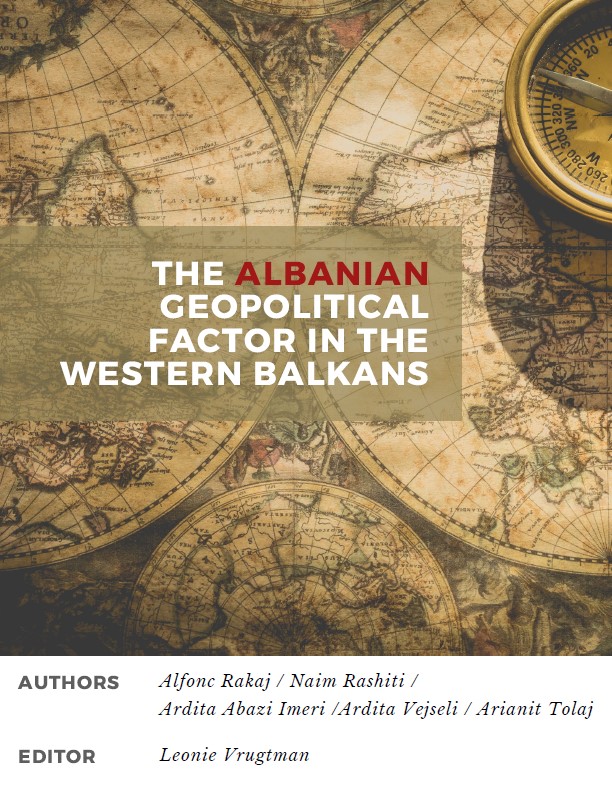The Institute for Democracy and Mediation (IDM) in cooperation with the Balkans Policy Research Group (BPRG) and the European Policy Institute (EPI) published a survey report which investigates the role and potential of the Albanian geopolitical factor in Albania, North Macedonia and Kosovo. In each of these countries, ethnic Albanian political, cultural and economic elites were asked to share their views and perceptions of the potential of Albanian actors to serve as a stabilizing factor in terms of regional stability, good neighbourly relations and the drive for much-needed processes of development, democratization and integration.
The potential of Albanian populations to positively influence is explored not only in the countries where they reside but the entire region of the Western Balkans. In this way, the “Albanian geopolitical factor” could have the potential to serve as an anchor of socio-economic development and a pillar for Euro-Atlantic integration processes in the Western Balkans as a whole. Moreover, it can serve as an example of how to counter the negative narratives stemming from nationalism and overcome the destructive potential of “greater nations” ideas.
The report surveys the perceptions of ethnic Albanian elites in North Macedonia, Kosovo, and Albania regarding the contribution of the Albanian political factor in recent years to a myriad of domestic and regional issues including the Kosovo-Serbia dialogue, the reform agenda and democratisation, stability and regional cooperation in the Western Balkans as well as NATO and EU accession.
For more, read the full report — “The Albanian Geopolitical Factor in the Western Balkans” here English.
This report was prepared in the framework of the project ‘Europeanisation Beyond Process’ supported by the Open Society Initiative for Europe (OSIFE). The views and opinions expressed in this survey report are those of the respondents and do not necessarily reflect the opinions or views of the authors or the organisations involved in drafting this report. Findings and conclusions, due to the small sample size and homogeneous sample, should be used only as a starting point for new research that further explores the concepts discussed in this report.



